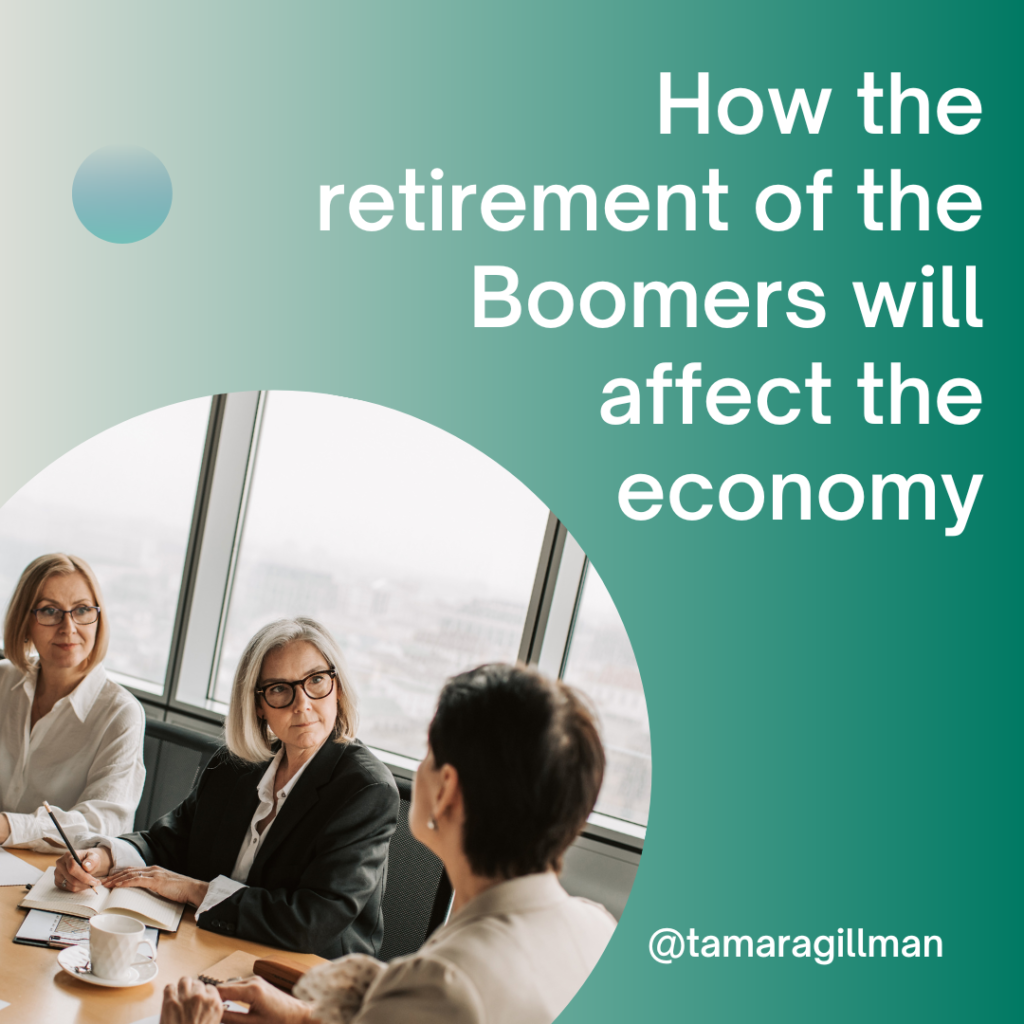
Australian ‘baby boomers’ have always caused waves, be it in Music, Technology, Politics, or Social Issues.
Now as they move into retirement, the groovy generation is about to need more access to hospitals and aged care facilities.
At the same time, the economy will have to deal with workforce shortages, and Government revenue will reduce due to less income tax from them no longer receiving a salary.
So, who are these people? Baby boomers are the large generation born to the survivors of World War II, during the ‘booming’ post-war reconstruction years between 1946 and 1964, when the number of children born in western economies reached record highs.
This ‘bulge’ in the demographic curves has changed the way we all live, as demand for everything from clothes to music, from food and technology, has changed in line with this generation’s needs and wants.
Now they are entering retirement, and they are changing the world around them. They are wealthier than any previous generation, more mobile, and more discerning.
They are also living longer. During the past one hundred years, the average life expectancy of women has increased from 59 years of age to 84 years and for men, it has climbed from 55 years of age to 80.
The economic impact of this is already being felt. As more and more baby boomers stop working, a shortfall of workers is already starting to emerge and will only get worse as more baby boomers leave the workforce.
As the labour market contracts in size, it will not only create real and increasing labour shortages in the future, but it also means the Government will face a lower tax take from fewer wage earners.
Older Australians are also getting richer and increasingly holding their savings in the tax-free environment of superannuation, which in turn means Governments are reaping less and less revenue from these savings.
